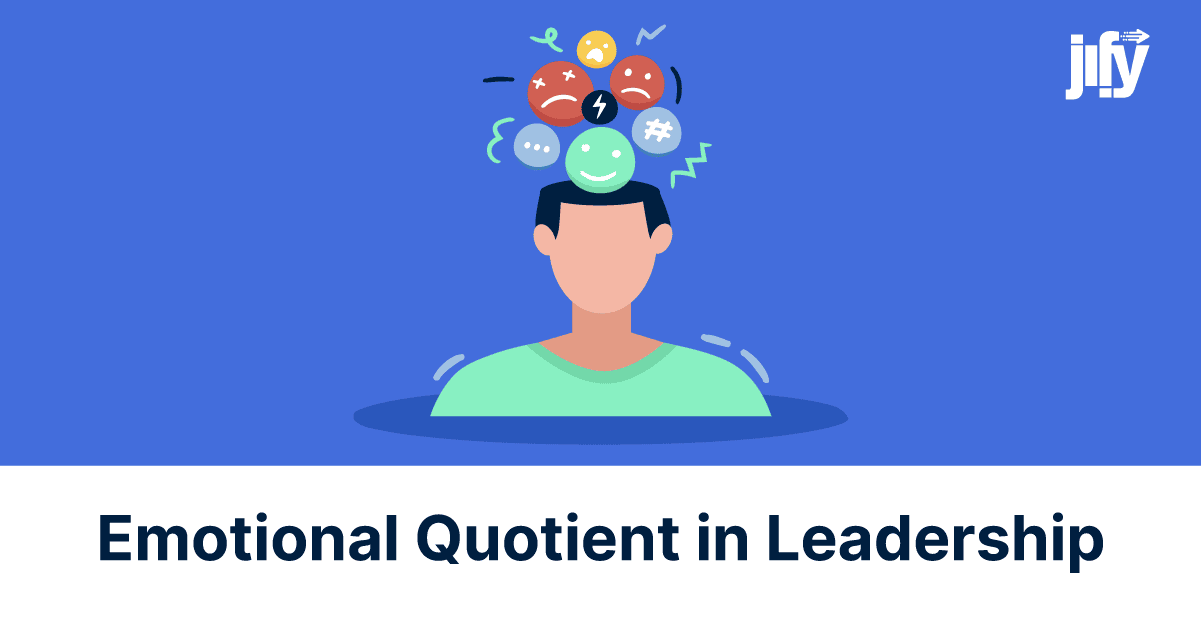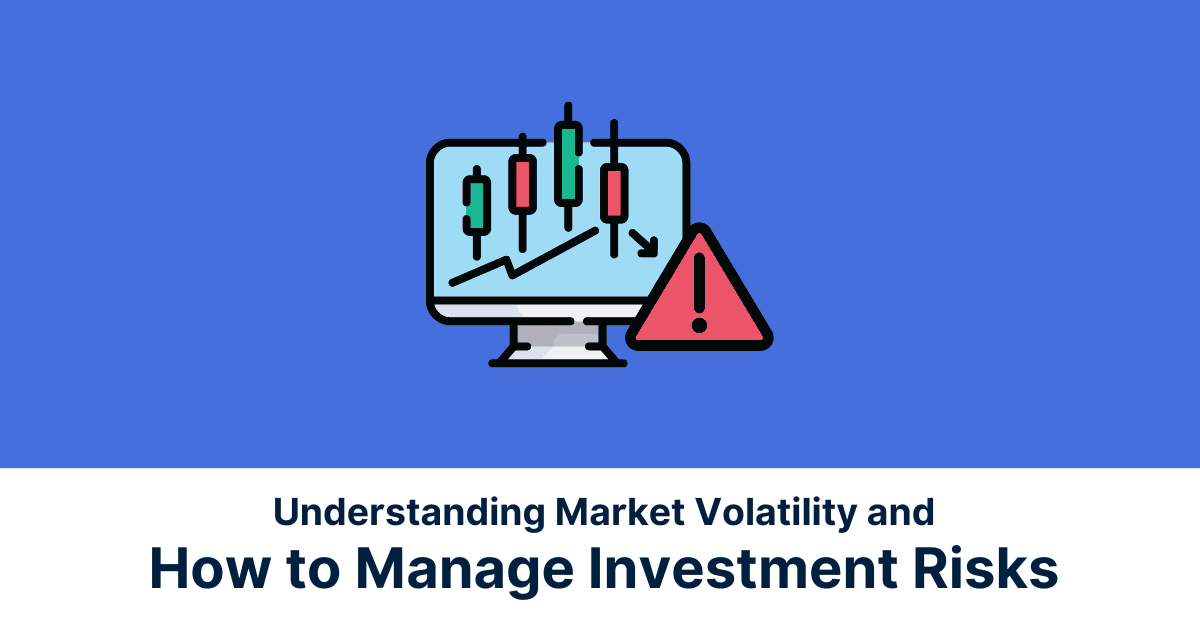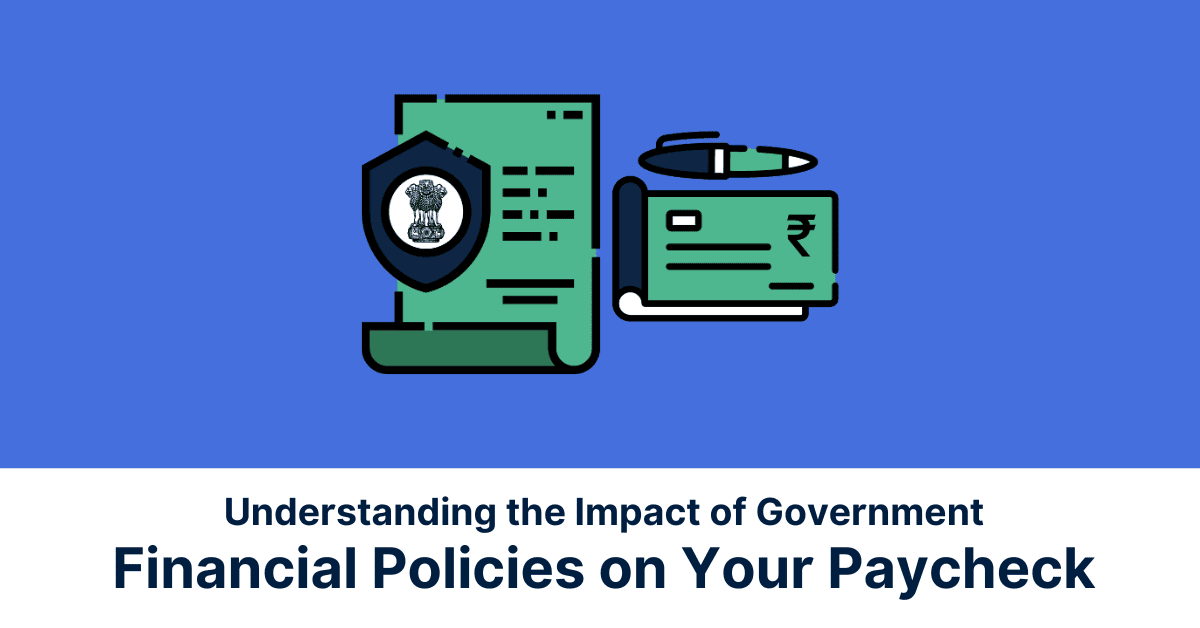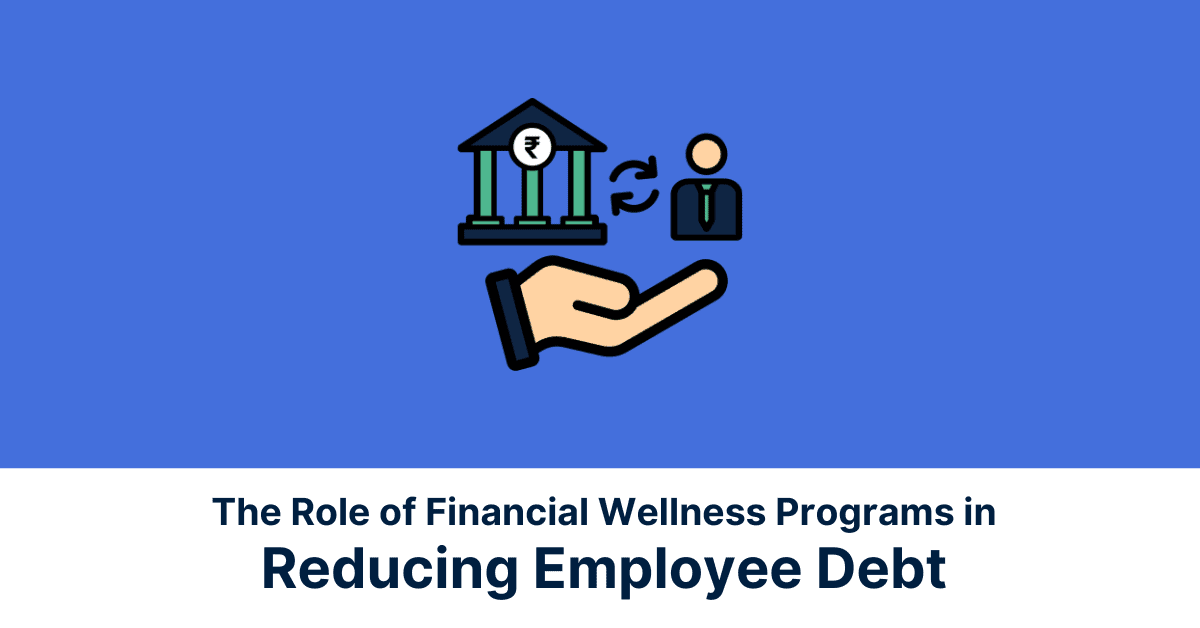Leadership training plays a crucial role in equipping individuals leadership positions with the necessary abilities to delegate tasks, resolve conflicts, manage personnel, and establish trust. Yet, one aspect often neglected in such training is the cultivation of emotional intelligence (EI).
Irrespective of your role within an organization, comprehending and nurturing EI can have a profound impact on your capacity to motivate and guide others. A recent Harvard Business School report found that “emotionally intelligent companies are uniquely capable of engaging and empowering their workforces, building purpose-driven cultures and facilitating the cultivation of interpersonal skills that allow employees to develop innovative solutions on their own.” Another report by Hubspot in 2019 found that 82% of employees would leave their jobs for a more empathetic company. Therefore, it is important to delve into the importance of emotional intelligence in leadership and explore ways to develop it in order to enhance your effectiveness.
According to Harvard Business School, Emotional intelligence is defined as the ability to understand and manage your own emotions, as well as recognize and influence the emotions of those around you. The term was first coined in 1990 by researchers John Mayer and Peter Salovey, but was later popularized by psychologist Daniel Goleman.
Emotional intelligence is comprised of five key elements: self-awareness, self-regulation, empathy, social skills, and motivation. Together, these elements create a potent set of abilities that assist individuals in leadership roles to effectively navigate intricate interpersonal relationships.
Here are three competencies that can be cultivated by improving emotional intelligence:
- Recognizing, labelling, and effectively regulating one’s own emotions.
- Utilizing one’s emotions to enhance cognitive processes such as critical thinking and problem-solving.
- Assisting others in managing their emotions.
While you may not have direct control over others’ emotions, developing emotional intelligence enables you to gain a deeper understanding of their feelings and allows you to engage with your team members in ways that foster strong relationships and enable sound decision-making.
Emotional Intelligence in Leadership
According to Goleman, leadership has always been a core attribute of a true leader. In his words, “The most effective leaders are all alike in one crucial way: They all have a high degree of what has come to be known as emotional intelligence. It’s not that IQ and technical skills are irrelevant. They do matter, but…they are the entry-level requirements for executive positions.”
When studying critical skills in the workplace, TalentSmartEq found that emotional intelligence was the greatest predictor of performace; 90% of top performers scored high for EI.
Emotional intelligence is a quality that enhances leadership at every step:
Enhanced Decision-Making
Emotional intelligence facilitates self-regulation, reducing impulsive actions and enabling leaders to think objectively, resulting in improved decision-making.
Collaboration and Cooperation
Greater emotional intelligence fosters empathy and understanding, both of which which are crucial for effective teamwork, relationship management, and acknowledging the contributions and perspectives of employees.
Conflict Resolution
Developing emotional intelligence through training equips leaders with an understanding of emotions, enabling them to guide their employees through conflicts and find mutually agreeable resolutions within the workplace.
Inspiration and Motivation
Leaders with high emotional intelligence are more adept at inspiring and motivating their teams by creating a positive work environment grounded in trust. A Motorola manufacturing site implemented EI training, and saw a 93% improvement in employee productivity.
Emotional intelligence is a key attribute of effective leaders who possess the ability to adapt to change with agility. Moreover, leaders who have higher emotional intelligence are more inclined to enhance team performance and generate significant results.
Are YOU an Emotionally Intelligent Leader?
Individuals with elevated emotional intelligence:
- Comprehend the connection between their emotions and their behaviour.
- Maintain composure and serenity in challenging or stressful situations.
- Possess the ability to influence others towards shared objectives.
- Skillfully navigate challenging individuals with tact and diplomacy.
Conversely, individuals with lower emotional intelligence:
- Frequently experience a sense of being misunderstood.
- Tend to get easily upset or agitated.
- Become overwhelmed by their emotions.
- Encounter difficulties in asserting themselves confidently.
How to make EI an integral part of Leadership?
At this point, you likely have a solid understanding of emotional intelligence and your position on the EI scale. Still, it’s important to identify areas for improvement. To embark on the journey of enhancing emotional intelligence for leadership, consider the following strategies to get started:
Self-Awareness: The Stepping Stone
Developing self-awareness involves fostering mindfulness, practising self-reflection, and actively seeking feedback to gain a deeper understanding of your emotions, strengths, and areas that need improvement.
To cultivate self-awareness effectively, consider implementing the following steps:
- Recognize and label your present emotions.
- Pay attention to the emotions that emerge during stressful moments.
- Reflect on how you typically respond in challenging situations. Are you able to pause and consider your reactions?
Take the time to acknowledge and name your emotions, as well as evaluate your responses to them. It is essential to start within before you understand and help others.
Self-Control is the Key
Make a conscious effort to practice emotional self-control, which involves becoming aware of your emotions and actively managing them. This can be achieved by recognizing triggers that lead to emotional reactions and finding strategies to regulate your responses. It may involve techniques such as deep breathing, taking a pause before responding or reframing negative thoughts.
It is also essential to develop effective stress management skills as that is crucial for maintaining emotional balance. Additionally, strive to respond with calmness and composure in intense or triggering situations.
Embracing Empathy
Make an effort to go beyond surface-level communication and truly understand what others are expressing, even when their words may not fully convey their emotions. In a workplace setting, people often hesitate to openly share their feelings. To foster empathy, actively listen to others, seek to understand their perspectives, and show genuine concern for their emotions and needs. By doing so, you can develop a deeper understanding of those around you and create a more empathetic and supportive environment.
Nurture the relationships
Develop your interpersonal skills by cultivating meaningful relationships with your team members and stakeholders through a culture that emphasizes collaboration and effective communication. Encourage regular feedback from all parties, consistently provide constructive input and encouragement, conduct periodic performance evaluations, and ensure that your employees feel valued and recognized for their hard work. By fostering such an environment, not only will you enhance your own social proficiency in the workplace, but you will also elevate motivation levels for both yourself and your team members.
Always a Work-in-progress
Developing greater emotional intelligence can be a challenging endeavour that many individuals face.By investing time into reflecting upon the various aspects that comprise emotional intelligence and their employee impact, initial strides are taken toward becoming a more decisive leader. Your engagement in reading this far into the blog is already significant of your aspiration to be the kind of leader who strives to provide the best possible experience for your employees.
The subsequent step entails a continued pursuit of understanding those around you, consistently listening to your employees, and actively seeking tools to reduce stress and enhance overall employee well-being. Ultimately, the most compelling indication of an outstanding leader lies in genuinely demonstrating care for your employees. By doing so, you create a work environment conducive to employee growth in every aspect and prove yourself to be an exceptional leader dedicated to their success and happiness.
*Disclaimer:
The information contained herein is not intended to be a source of advice concerning the material presented, and the information contained in this article does not constitute investment advice. The ideas presented in the article should not be used without first assessing your financial situation or without consulting a financial professional.



















